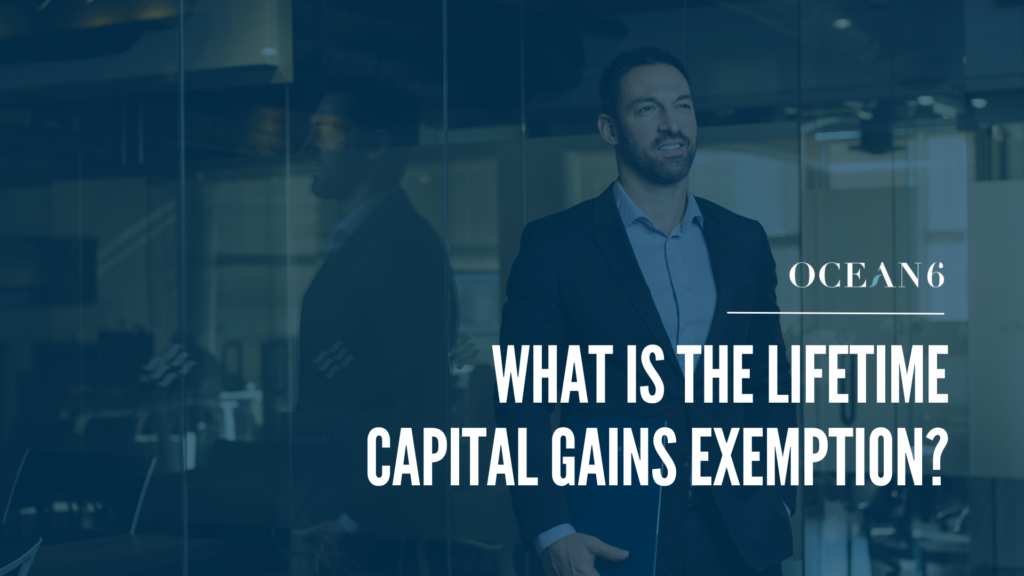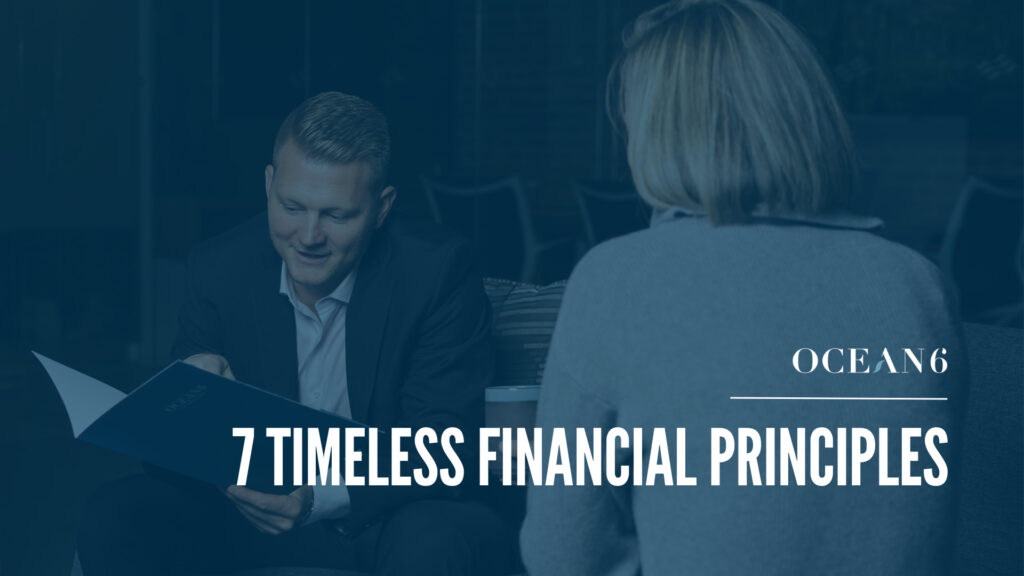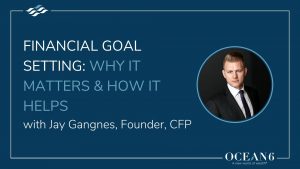When it comes to owing income tax, your first thought might not be a positive one. But what if we told you owing income tax can actually be a good thing? Keep reading to find out what we mean.
Can Owing Income Tax Be a Good Thing?
We don’t like it when we owe income taxes at the end of April. You might be asking yourself, “Have we done something wrong? Why am I paying too much?”
Up until now, it’s never been a good feeling when you think of owing income tax. But have you considered what it actually means when you owe CRA income taxes in April?
What Does Owing Income Tax Really Mean?
As a successful business owner, chances are you pay yourself differently than that of an employee.
If you’re incorporated it makes much more sense to be paying yourself a dividend instead of a salary. (We break down why this is so important in this post)
Now let’s say you do pay yourself a dividend. Then April comes, and you owe some income taxes. We know, we know—not a good feeling! It just feels wrong. However, what does it mean when you owe income taxes to CRA?
(Learn about passive income tax in this post, as well as whether you’re paying too much)
The Truth About Owing Taxes
Well, consider this example. What if today, I asked you to lend me $20,000, and I simply gave you a cheque back for $20,000 without interest? Is that a fair loan for you or a good use of your money?
This is basically what tax refunds are!
You’ve paid too much income taxes throughout the year—either through payroll or installments and after you filed your taxes. The CRA determines you paid too much taxes upfront. So, in turn, they say, “Here you go, we’ll give the difference back to you, interest-free.”
Yes, it’s true: Tax-refunds are INTEREST-FREE loans to CRA and missed opportunities for you.
So, what does this mean for you?
Now I am not saying we should go and pay as much taxes as possible.
But let’s say you knew in advance how much taxes you’ll owe after doing everything you can to lower your income taxes. This way, you can keep your own money in your own pockets. You can then invest, grow, or even enjoy it first and then pay your taxes at the end of the year instead.
Do you know how everyone talks about tax deferrals is a good thing? Well, this includes your annual income taxes.
So, next time you file your taxes, you might owe a little bit. But don’t look at it as a loss!
Instead, it’s a win: You didn’t give away your dollars interest-free to the government.
This all starts with knowing what your income needs are throughout the year. We recommend working with a great financial planner who can customize a proactive cash flow plan for you to ensure you have what you need to enjoy life while paying the least amount of income taxes.
(Visit this post next to learn about five ways to invest and use your corporation to save taxes)
The best-case scenario
The best-case scenario is owing precisely $0 to the government at the end of April.
How? Because you have paid exactly what you need to pay throughout the year. At the same time, you were efficient with your payroll and instalment payments.
There are even accountants with the school of thought you should go ahead and not pay your installments. They believe even though there are penalties and interest on the missed installments, you’ll ultimately win if you’re able to grow your money first and pay the taxes and penalties at the end of the year instead.
No matter how you look at this, owing income tax isn’t always a bad thing! That is, as long as you have done the work on your income tax planning and know you’ve paid as little taxes as you possibly can to fund your lifestyle.
This means paying only what is necessary and making sure your dollars are working for you first and not the government.
And we’re here to help with that! The team at Ocean 6 operates based on a value-driven structure that’s dedicated to helping business owners win. Book a call today.
Learn about what makes us different.












